Our speakers and guides know this history because they lived it. Prepare yourself for powerful stories and memories as these dynamic figures lead you on a journey you’ll never forget.
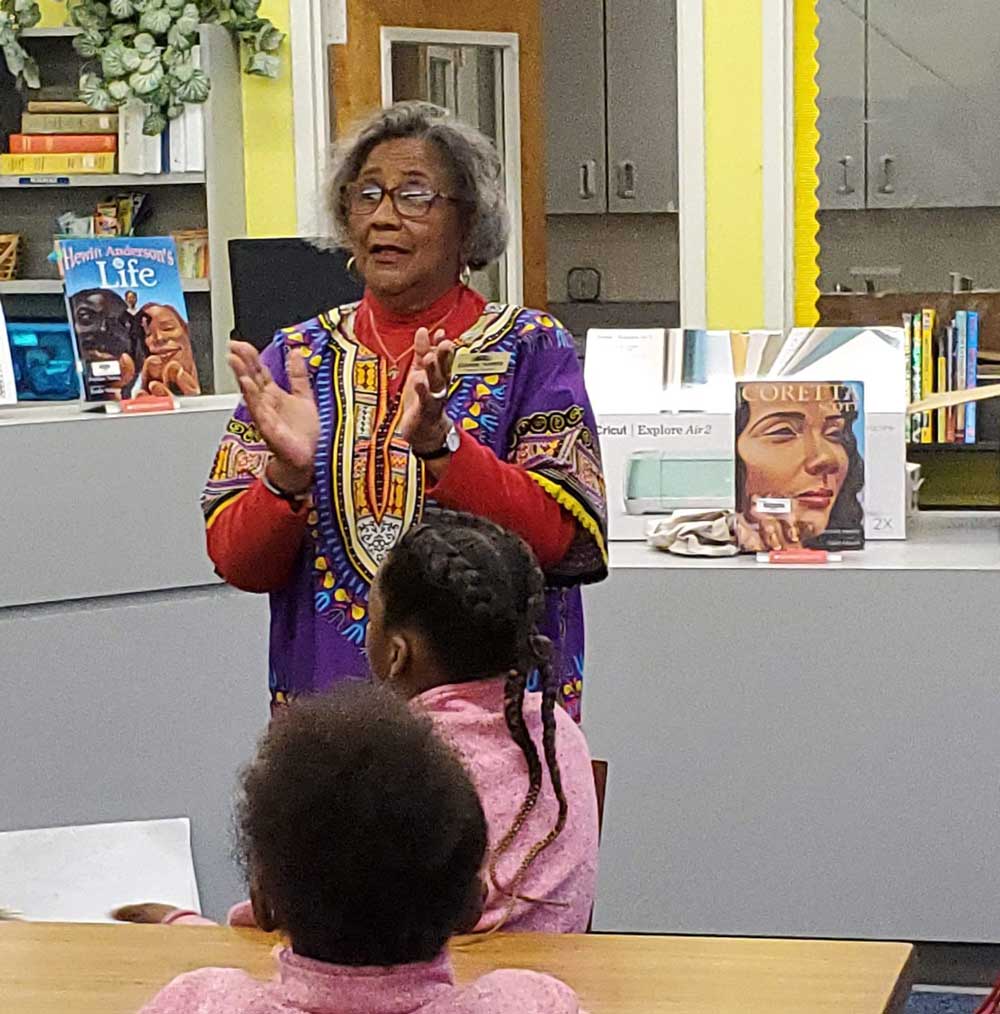
Dianne Harris
Dianne Harris joined the movement at an early age when, at 15, she left the Alabama Lutheran campus with 14 others and joined the student arm of the Civil Rights Movement in Selma in 1965.
“We wanted to be a part of the student movement and the student march and that was the only way that we saw fit to do that because our instructors and administrators—I think they were really trying to protect us from violence and that type of thing and they feared for our safety—but all the other students in the Selma city area were participating and we wanted to participate.”
Dianne has never felt that being disobedient without a good reason was a good idea, but she remains proud of her choice to leave campus in 1965. Dianne and the other students who left campus participated in gatherings at historic Brown Chapel AME and joined in daily marches. These actions resulted in her being struck in the arm with a cattle prod and being arrested twice. Dianne remains an active part of the Selma community, receiving the Congressional Foot Soldier Metal and Certificate and many other awards for her continuing struggle for racial equality. She has been interviewed by magazines, newspapers and multiple media outlets for her justice work, including an appearance on the NBC Today show. She still vividly recalls her involvement with the movement, listening to Martin Luther King, Jr. and all the events around Bloody Sunday in Selma.
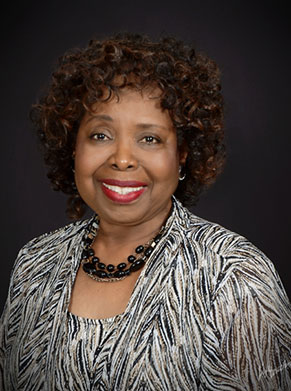
Dr. Martha Bouyer
Martha Bouyer currently serves as the Executive Director of the Historic Bethel Baptist Church Foundation. Dr. Bouyer developed the “Stony the Road We Trod” project and has served as a project director for 12 “Stony the Road We Trod…” Landmarks Workshops sponsored by the NEH. She has served as the secondary social studies supervisor for Jefferson County Schools (AL), a classroom teacher, a certified 4MAT consultant, and a History Alive! Coach. She served as the curriculum consultant for the NEH-funded documentary “Slavery by Another Name” and as the project director for “Never Lose Sight of Freedom” – a project of the National Park Service to tell the story of the Selma to Montgomery March for the right to vote. She brings a wealth of knowledge to the project in regards to her knowledge of this era of United States history and curriculum development.
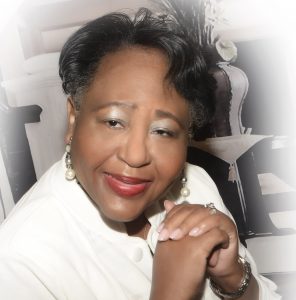
Joyce O’Neal
Born in Selma in 1948, Joyce Parrish O’Neal lived there until 1970, when she completed her B.S. degree at Stillman College. She moved to Hartford, Connecticut for two years before returning to Selma where she has lived ever since. She returned to school and earned an M.A. degree in Social Work in 1993 from the University of Alabama. Mrs. O’Neal worked as a Social Worker from 1974 to 1977. She retired as District Specialist in 2009. Mrs. O’Neal has received multiple honors, including Outstanding Service Rendered to the Youth Motivation Task Force at Stillman College (2000), Outstanding Lay Person of the Biennial (2007-2009), Foot Soldier’s Recognition at the U.S. Capitol (2016), Permanent Member of the Senior Citizens’ Hall of Fame (2017), and the Alabama Social Work Hall of Fame (2017). Mrs. O’Neal was also the first African-American elected to the Alabama State Personnel Board (2006 and 2010). Mrs. O’Neal has had a lifetime association with Brown Chapel African Methodist Episcopal (AME) Church. She was baptized there as an infant and has been an active member since then. She remembers attending mass meetings at the church with her family in the 1960’s. To this day, she remains a dedicated member.
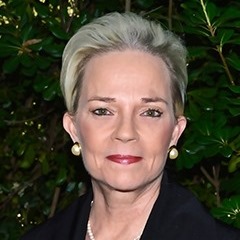
Peggy Wallace Kennedy
Peggy Wallace Kennedy is the daughter of the late George C. Wallace, the former governor of Alabama who became known as one of America’s most ardent segregationists.
A native of Clayton, Alabama, Kennedy graduated from Troy University in 1973 with a Bachelor of Science degree in special education. She taught in Alabama’s public schools, raised two sons, and also spent years supporting her husband’s political career as an Alabama Supreme Court Justice.
Later in life Kennedy embarked on a personal journey of her own. She stepped from beneath the shadow of “the schoolhouse door” as she came to grips with her family’s legacy and her own personal beliefs. She has since written and spoken on issues relating to justice and equality, most recently releasing a new book, The Broken Road, which is a memoir that reckons with her father George Wallace’s legacy of hate and illuminates her journey towards redemption.
Kennedy has been widely hailed as the “symbol of racial reconciliation” (Washington Post). In the summer of 1963, though, she was just a young girl watching her father stand in a schoolhouse door as he tried to block two African-American students from entering the University of Alabama. This man, former governor of Alabama and presidential candidate George Wallace, was notorious for his hateful rhetoric and his political stunts. But he was also a larger-than-life father to young Peggy, who was taught to smile, sit straight, and not speak up as her father took to the political stage. At the end of his life, Wallace came to renounce his views, although he could never attempt to fully repair the damage he caused. But Peggy, after her own political awakening, has dedicated her life to spreading the new Wallace message—one of peace and compassion.
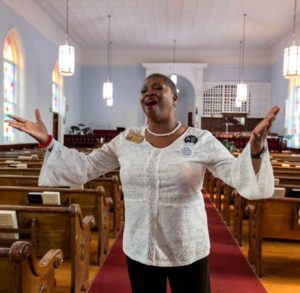
Wanda Battle
Ms. Battle grew up in Montgomery. Her family owned a funeral home and a taxi service during the 1960’s, and both helped to transport the black community during the bus boycott. Wanda is the tourism director of Dexter-King Baptist Church. She speaks on the origins of Negro Spirituals and how these songs became a part of the first independent black churches. She also talks about how choirs supported Dr. King on his visits around Alabama and the whole U.S. Speaking with a writer from Southern Living magazine, she explained why she feels people have a new interest in the history surrounding Montgomery and all the history that happened there: “People are fascinated by this history of overcoming and standing for what is right, for advocating and doing it in love,” Battle says. “For you see the result of what love does as opposed to what hatred does. Hatred is destructive. Dr. King advocated love for all mankind.” Wanda Battle describes herself as a child of the movement. Singing as she goes, Wanda welcomes you to the Dexter-King Memorial Baptist Church to learn of the Dr. King’s time in Montgomery and how it propelled him to a national figure. Enjoy her infectious personality, delight in her singing, and ponder the discussions you have with her.

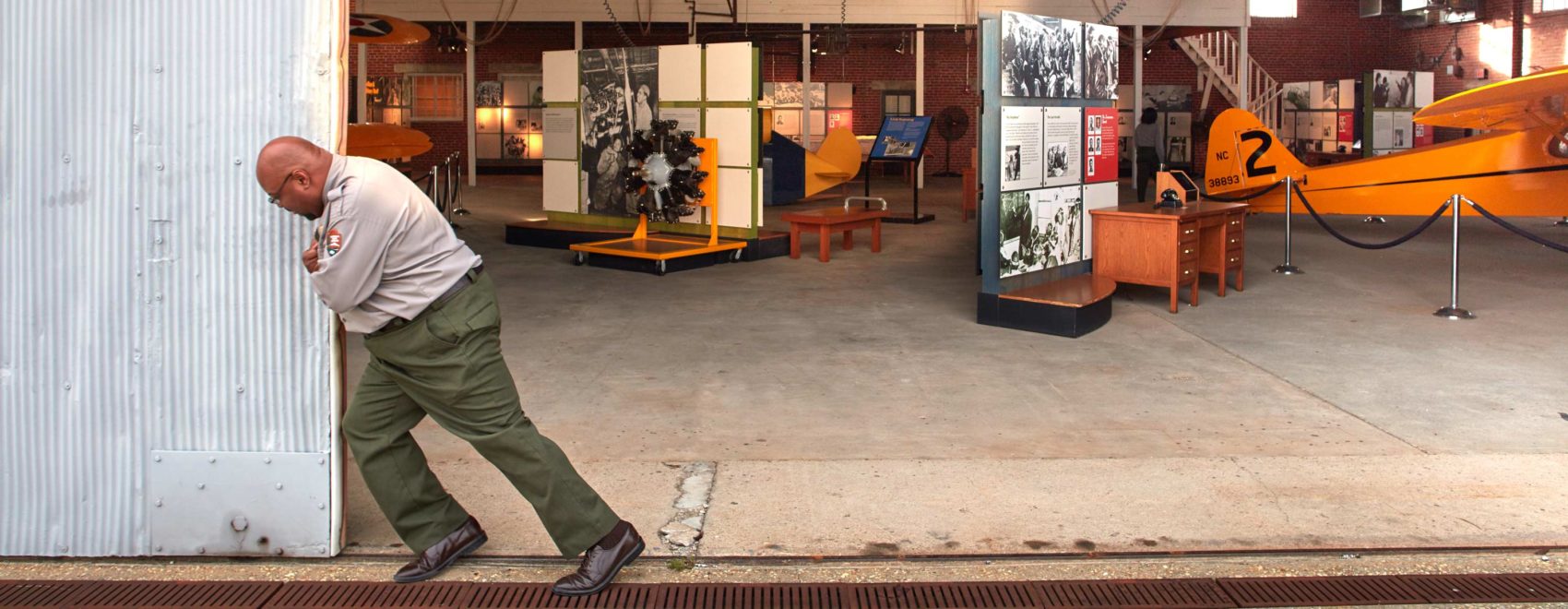
You must be logged in to post a comment.